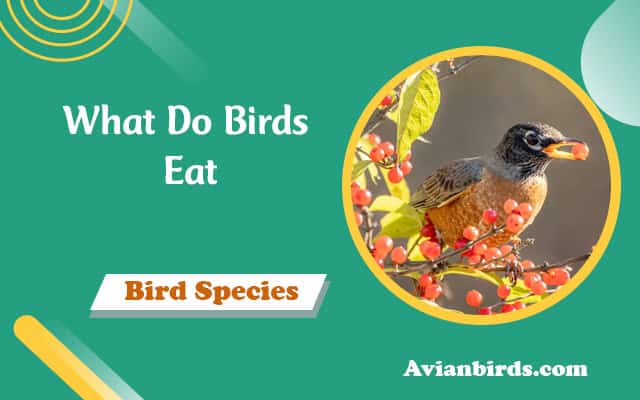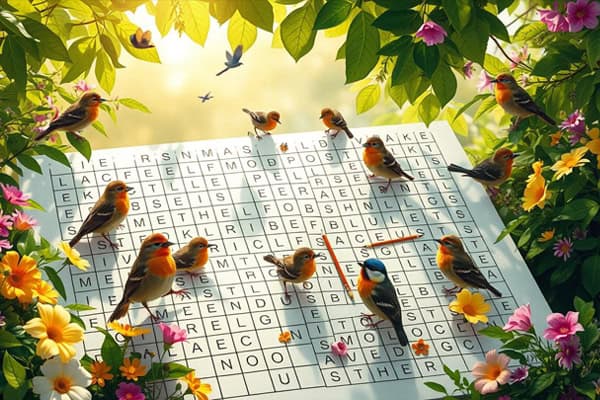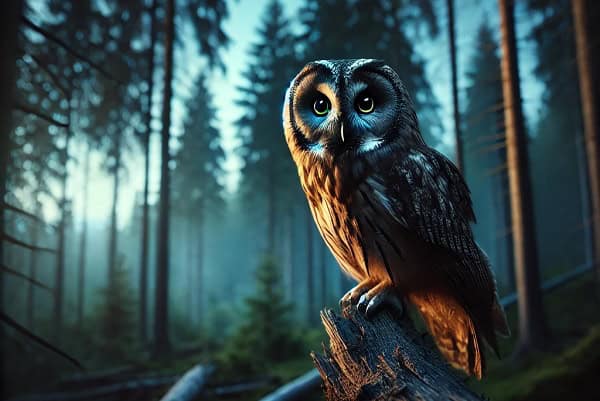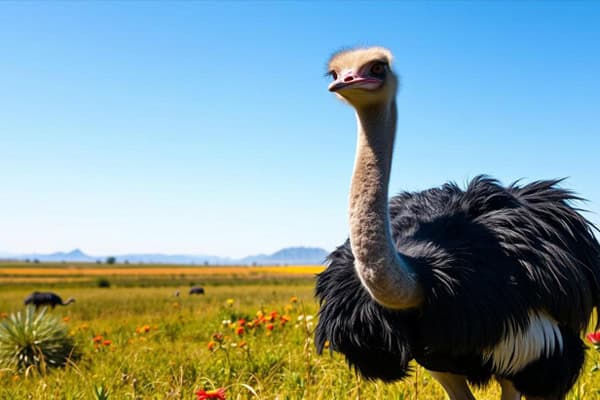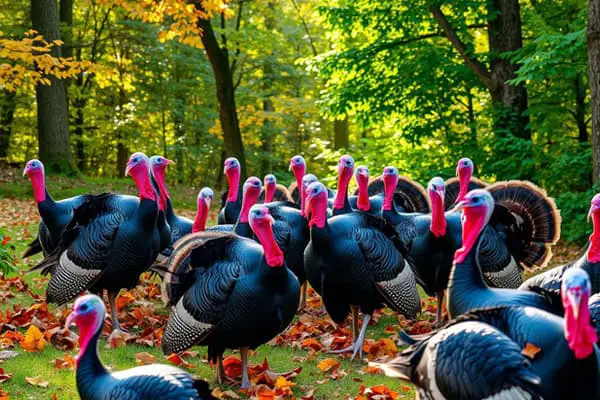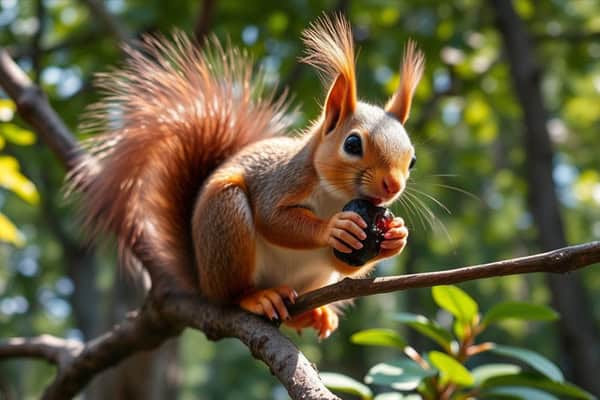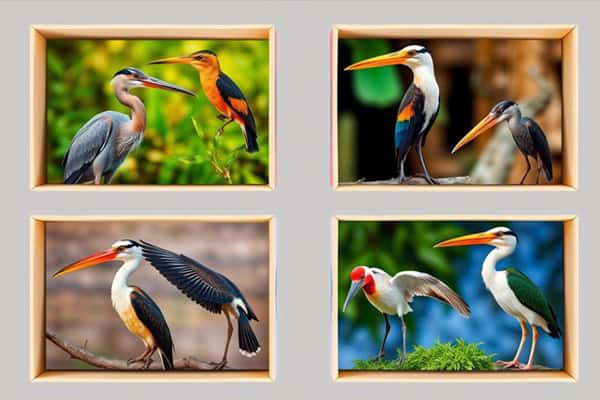What Do Birds Eat? A Complete Guide to Bird Diets
What Do Birds Eat? Birds are fascinating creatures with diverse dietary needs. From tiny hummingbirds sipping nectar to powerful eagles preying on small mammals, what birds eat varies widely by species, habitat, and season. This guide covers everything you need to know about the diets of different types of birds, what you can feed backyard birds, and how to support them, especially in winter when food sources are limited.
Key Takeaways
- Birds’ diets are highly variable, depending on their species and environment.
- Most birds consume a mix of insects, seeds, fruits, or nectar.
- Providing high-energy foods in winter can help birds survive cold months.
- Avoid feeding birds harmful foods like bread or anything high in salt or preservatives.
What Birds Eat in the Wild?
Birds are remarkably adaptable and consume various foods to meet their nutritional needs. In the wild, their diets include:
- Insects and Worms: Many birds, especially during the breeding season, feed protein-rich insects like flies, beetles, ants, and caterpillars. Insect-eating birds (insectivores) include warblers, swallows, and woodpeckers.
- Seeds and Nuts: Birds such as finches, sparrows, and grosbeaks are granivores, meaning they rely heavily on seeds. They consume seeds from plants like sunflowers, millet, and safflower. Nuts are also a favorite for larger birds like jays and woodpeckers.
- Fruits and Berries: Frugivorous birds like robins, orioles, and waxwings enjoy fruits like berries, apples, and grapes. Fruit provides sugar, which gives them quick energy.
- Nectar: Certain birds, like hummingbirds, feed on nectar from flowers. This sugary liquid provides a high-energy food source that helps them maintain their rapid metabolism.
- Small Animals and Fish: Predatory birds, such as hawks, eagles, and herons, eat small animals and fish. These carnivorous birds require a high-protein diet to fuel their hunting and flying activities.
- Grains: Some birds, like pigeons and doves, are fond of grains like wheat, corn, and oats, especially in agricultural areas where leftover grains are easily found.
Types of Bird Diets
Birds can be categorized by the types of food they consume:
- Insectivores: Birds that primarily eat insects, such as warblers, swallows, and flycatchers.
- Granivores: Seed-eating birds like sparrows, finches, and grosbeaks. These birds often have beaks designed for cracking seeds.
- Frugivores: Birds like parrots, waxwings, and orioles that eat fruits and berries.
- Nectivores: Nectar-feeding birds, like hummingbirds and honeycreepers. Their long beaks are adapted to reach into flowers.
- Carnivores: Birds of prey, including hawks, eagles, and owls, that eat mammals, reptiles, and other birds.
- Omnivores: Birds like crows, magpies, and gulls that eat a mixture of plants, insects, small animals, and even food scraps.
Each bird’s diet is suited to its natural habitat and physical adaptations, such as beak shape and size, which determine what types of food it can easily consume.
What Birds Eat in Winter?
Winter poses unique challenges for wild birds as their food sources become limited. Here are some of the foods birds rely on during colder months:
- Suet: A high-energy food made from animal fat, suet is ideal for winter feeding. It provides crucial calories for birds like woodpeckers, chickadees, and nuthatches.
- High-Fat Seeds: Seeds like black oil sunflower, safflower, and peanuts are rich in fat, which gives birds the energy to survive cold nights. These are especially beneficial for finches, titmice, and grosbeaks.
- Berries and Fruits: Some berries, such as holly and juniper, remain on the bushes through winter, providing a natural food source for fruit-eating birds like robins and waxwings.
- Grains and Cracked Corn: Grain-eating birds, like pigeons and doves, will seek out grains like millet, wheat, and cracked corn when other food is scarce.
- Water Sources: Birds also need water in winter, which can be hard to find when temperatures drop. Providing a birdbath with a heater or placing out warm water can help birds stay hydrated.
What You Can Feed Backyard Birds?
If you’re looking to attract and support birds in your backyard, providing food can be a great way to bring a variety of birds to your area. Here’s a guide to common bird foods that will attract different species:
- Black-oil sunflower seeds are rich in fat and attract a wide range of birds, including finches, chickadees, and cardinals.
- Peanuts: Offer unsalted peanuts for larger birds like jays, woodpeckers, and crows. Avoid salted peanuts, as salt is harmful to birds.
- Suet Cakes: Suet cakes are especially helpful in winter, as they provide a high-energy boost. Suet is a favorite of woodpeckers, nuthatches, and even wrens.
- Nyjer (Thistle) Seeds: Nyjer seeds are tiny and oily, loved by finches and other small songbirds. You’ll need a special feeder with small openings for these seeds.
- Fruit: Birds like orioles, robins, and mockingbirds enjoy fruits. Try offering apple slices, berries, and grapes for these fruit-loving birds.
- Nectar (for hummingbirds): In warmer months, you can provide nectar for hummingbirds by making a solution of 1 part sugar to 4 parts water. Avoid using food coloring, as it can be harmful to birds.
- Mealworms: Live or dried mealworms are a great protein source and attract insect-eating birds like bluebirds, wrens, and robins.
Foods to Avoid Feeding Birds
While it’s tempting to throw out leftovers for birds, not all human food is safe. Here are some foods you should avoid feeding birds:
- Bread: Bread offers little nutritional value and can fill birds up without giving them the nutrients they need, leading to malnutrition.
- Salted Foods: Salt is toxic to birds and can cause serious health problems if ingested in large amounts.
- Chocolate, Caffeine, and Alcohol: These substances are toxic to birds and should never be offered.
- Raw Rice: Raw, uncooked rice can expand in birds’ stomachs, causing digestive issues.
- Processed Foods: Foods with preservatives, artificial flavors, or excessive sugar are unhealthy for birds.
Read More🐦Related Articles:
- BLUE BIRDS In Michigan
- White Birds In Michigan
- Small Birds With Yellow Breasts
- Spiritual Meaning of Ants in the House
- Black Swan Bird
FAQs About Bird Diets
Q1: What do baby birds eat?
Most baby birds are fed by their parents with a diet rich in insects, as they need high protein to grow. Insectivorous diets help baby birds grow rapidly until they can leave the nest.
Q2: Is it okay to feed bread to birds?
Bread is not recommended because it lacks nutrients and can lead to health problems in birds. Instead, offer seeds, fruits, or bird-specific foods.
Q3: Do birds eat the same food year-round?
Not always. Birds often change their diet seasonally. For example, insectivorous birds may eat more seeds and berries in winter when insects are scarce.
Q4: Can I feed birds leftover meat?
While some omnivorous birds might eat meat, it’s not recommended to feed them cooked or processed meats, as these can be high in salt and preservatives.

